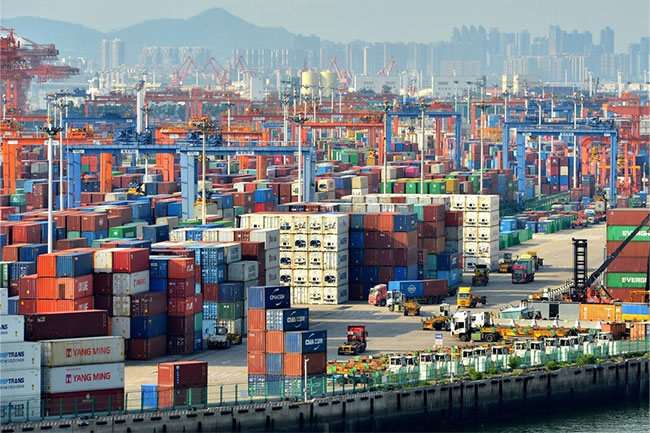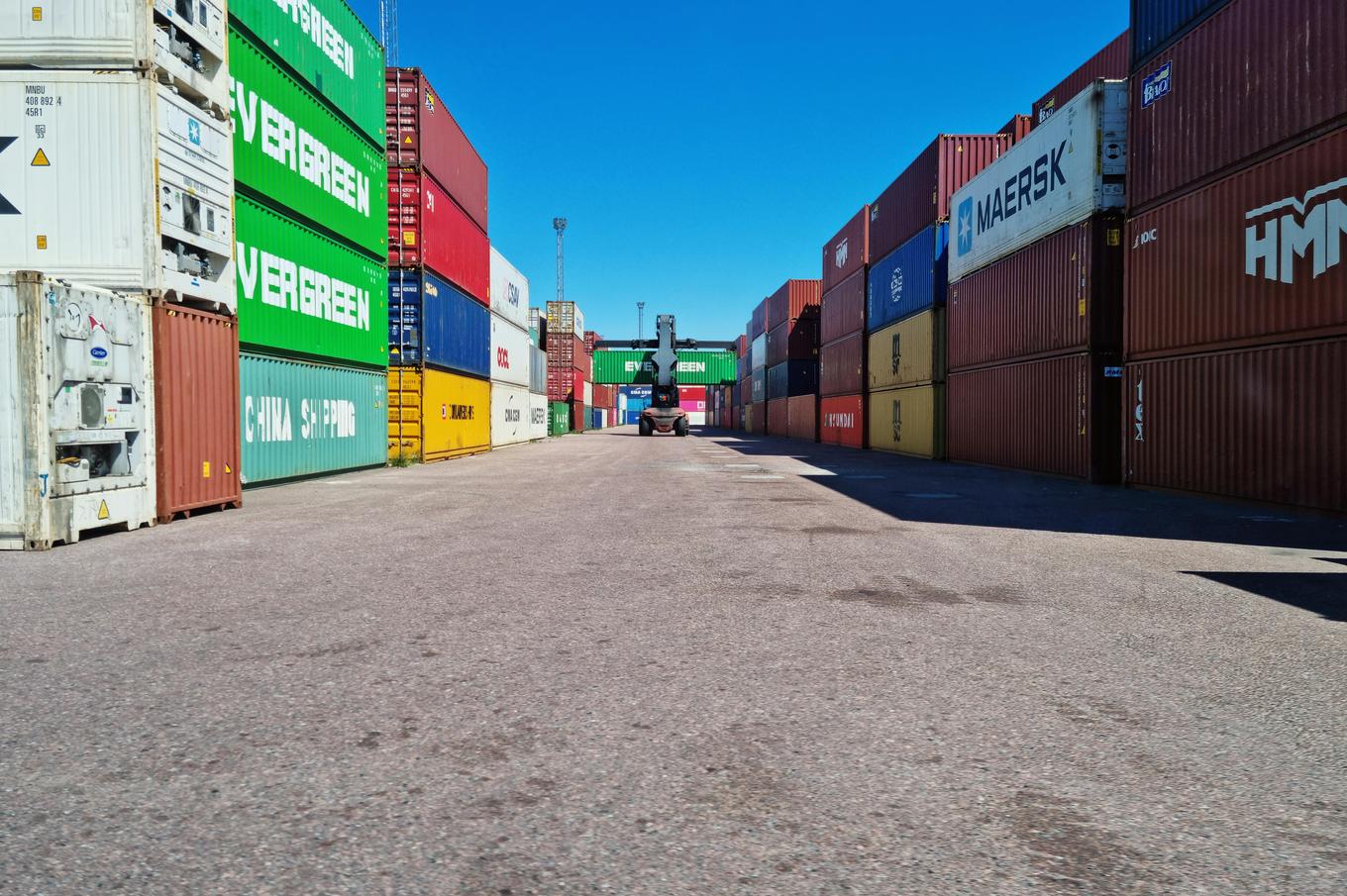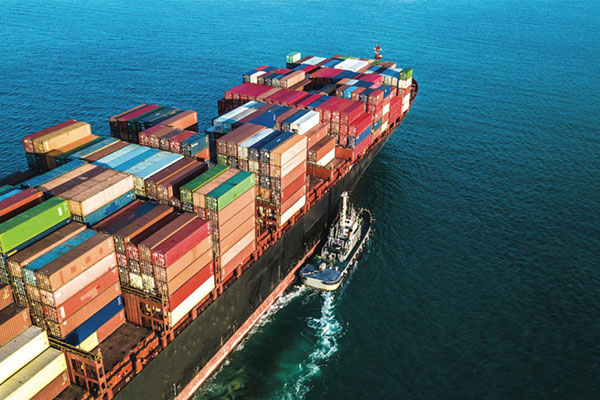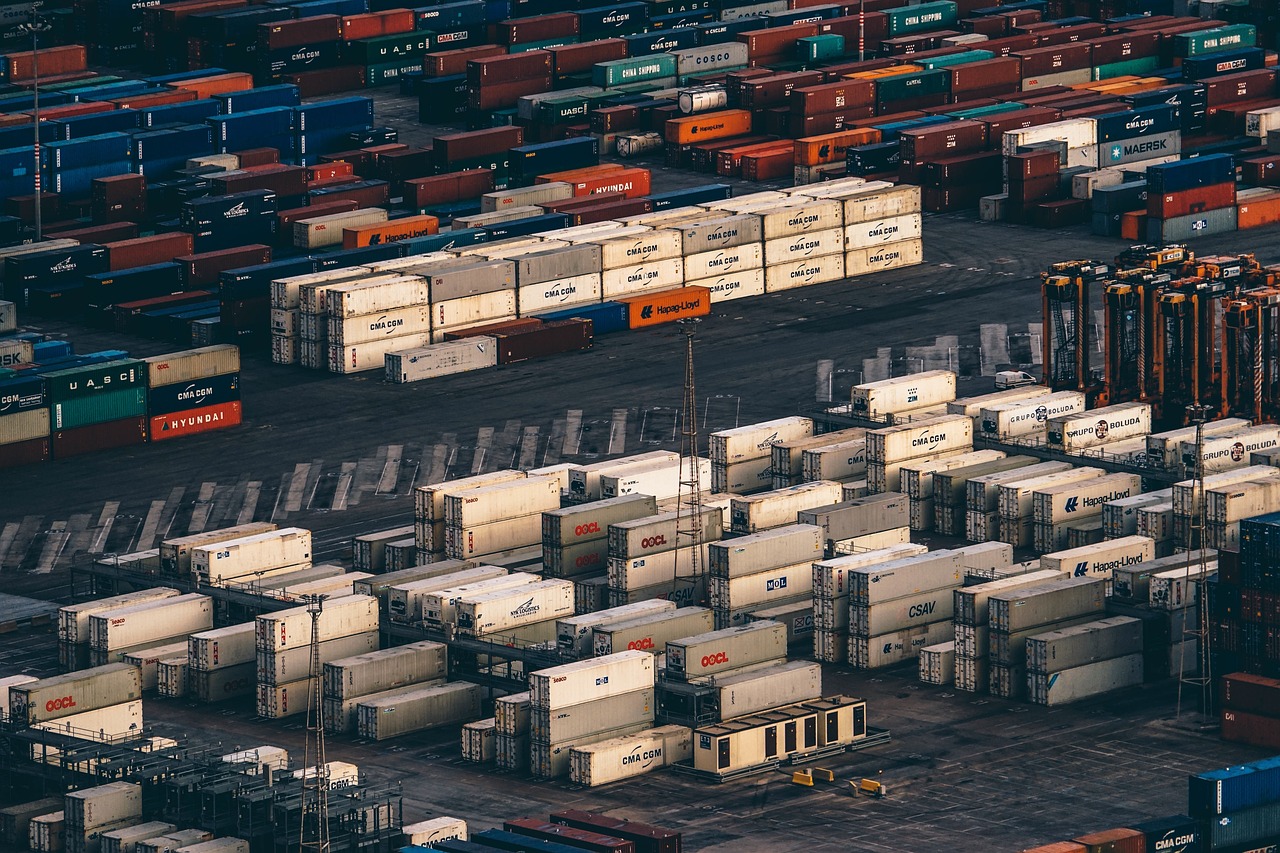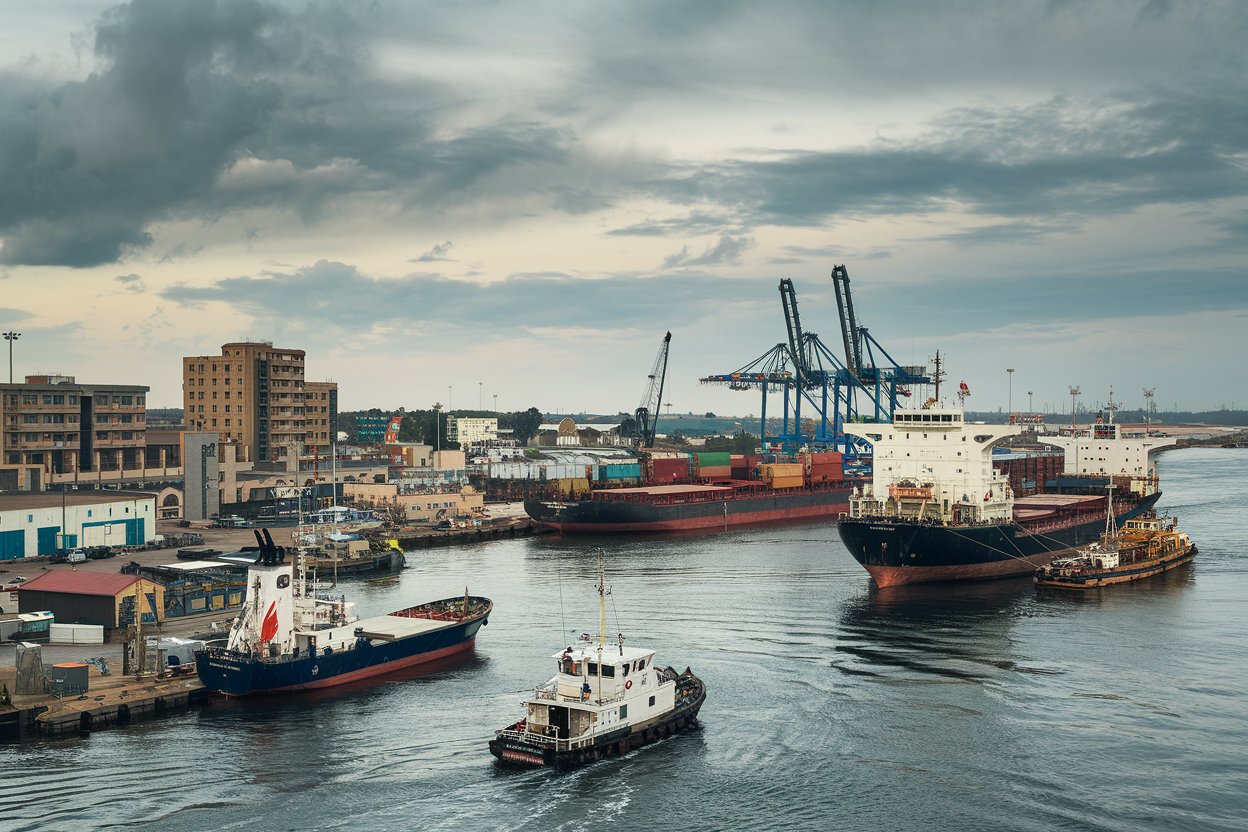- 20 Years of Expertise in Import & Export Solutions
- +86 139 1787 2118

Introduction
Under the wave of economic globalization, importing machinery equipment and components from the UK has become a crucial approach for many enterprises to optimize their industrial structure and enhance competitiveness. However, international trade processes are complex, involving numerous steps, and any oversight may lead to risks. From a professional perspective, this article provides a comprehensive analysis of the key points related to importing machinery equipment and components from the UK.
Professional document processing and logistics arrangement
In import operations, document processing is crucial. Commercial invoices, bills of lading, packing lists,?Certificate of Origin?A series of documents, including invoices and bills of lading, are crucial for the legal circulation of goods and smooth customs clearance. Professional document processing requires accurate content, standardized formats, and clear logic. For instance, commercial invoices must detail the description, quantity, unit price, and total value of the goods to ensure consistency with the actual shipment; bills of lading must accurately fill in the shipper, consignee, notify party, as well as the loading and unloading ports of the goods.
For logistics arrangements, it is necessary to select the appropriate mode of transportation based on factors such as the nature, weight, and volume of the goods.?Ocean shipping?It is suitable for the transportation of large quantities of heavy machinery equipment and components, offering the advantages of low cost and high capacity;?air freight?It is fast and suitable for urgent, high-value, and small-sized goods. When selecting a logistics service provider, it is essential to evaluate its reputation, service network, and transportation capacity. Additionally, proper planning of transportation routes and attention to the loading and unloading efficiency of ports, as well as transfer times, are crucial to ensure the timely and safe arrival of goods.
Russian market and VTB?Foreign exchange settlement?Advantages
If the imported machinery and equipment or components are partially intended for sale in the Russian market, it is essential to mention a significant advantage—the convenience of foreign exchange settlement through VTB Bank. In trade with Russia, the smoothness of the settlement process directly impacts fund recovery and the sustainability of trade.
Generally, after the goods are exported to Russia and the delivery is completed, the Russian buyer will make payment to us through their account at VTB Bank. We maintain an account with a domestic bank that has a cooperative relationship with VTB Bank. Once VTB Bank receives and verifies the payment from the Russian side, the corresponding funds will be transferred to our account, completing the foreign exchange settlement. This method of settlement through VTB Bank is widely recognized and stable in the Russian market trade, effectively reducing risks associated with foreign exchange settlement and ensuring the safe and swift arrival of funds.
Southeast Asian market?Import/export?Process and Solution
Import Process
- Market research and supplier selectionBefore deciding to import mechanical equipment and components from the UK for sale in the Southeast Asian market, it is essential to conduct in-depth market research. Understand the demand characteristics, price ranges, and competitive landscape for such products in various Southeast Asian countries. Identify reliable UK suppliers through multiple channels, such as attending international trade fairs, utilizing B2B platforms, or seeking recommendations from industry associations. Evaluate suppliers' credibility, production capacity, and product quality.
- Sign the Contract: Clearly define the rights and obligations of both parties. The contract should specify in detail key terms such as product specifications, quantity, price, delivery period, payment method, quality standards, packaging requirements, shipping method, and insurance clauses. For example, the payment method may be chosen as...?L/C?(L/C), telegraphic transfer (T/T), etc. Each payment method has its own advantages and disadvantages, and a comprehensive consideration should be made based on factors such as the level of trust between both parties and the transaction amount.
- : After the goods arrive at the destination, agents assist enterprises in completing customs clearance and delivery.: As mentioned earlier, select the appropriate mode of transportation. At the same time, to ensure the safety of the goods during transit, it is necessary to purchase corresponding insurance. For maritime shipping, you can generally choose from insurance types such as Free from Particular Average (FPA), With Particular Average (WPA), or All Risks, based on the characteristics of the goods and the assessment of transportation risks.
- Customs clearance: After the goods arrive at the destination port in Southeast Asia, customs clearance procedures must be completed. Prepare a full set of customs clearance documents, including commercial invoices, bills of lading, packing lists, certificates of origin, quality inspection certificates, etc. Different countries may have special requirements, such as Vietnam possibly requiring a FORM E certificate of origin to enjoy tariff preferences. Declare the goods to the local customs, which will then conduct inspections, levy duties, and other procedures. Only after completing the customs clearance process can the goods legally enter the local market.
Solution
To address the varying trade regulations across different countries in the Southeast Asian market, it is essential to conduct thorough research and prepare accordingly in advance. For instance, Indonesia imposes strict technical standards and certification requirements for certain types of machinery and equipment. While we do not directly handle certification services, we can assist clients in gathering the necessary documentation and communicating with certification bodies to ensure products comply with local standards. In terms of logistics and distribution, partnering with established local logistics providers and setting up warehousing centers can enhance delivery efficiency and reduce logistics costs.
Challenges and Opportunities in the Current International Trade Landscape
Challenges
- The rise of trade protectionismIn recent years, the trend of global trade protectionism has intensified. Following Brexit, trade rules between the UK and the EU have changed. Meanwhile, some Southeast Asian countries have also introduced various trade restrictions, such as raising tariffs and setting import quotas, which have increased import costs and market uncertainty.
- Exchange Rate Fluctuations: The international foreign exchange market is highly volatile, making it difficult to predict the exchange rate fluctuations between the British pound, the US dollar, and Southeast Asian currencies. Exchange rate volatility may lead to increased import costs, affecting corporate profit margins.
- Supply Chain Disruption Risk: The COVID-19 pandemic and other unexpected factors have impacted global supply chains, leading to frequent occurrences of port congestion, logistics delays, and other issues, which affect the timely delivery of goods.
?Opportunities?
- Growing demand in emerging markets: With the rapid economic development in Southeast Asia, the demand for machinery equipment and components continues to grow, providing a vast market space for import businesses.
- Development of digital trade: The advancement of internet technology has driven the development of digital trade. Applications such as online trading platforms and electronic documents have improved trade efficiency and reduced transaction costs.
- Regional Trade Agreement: The implementation of RCEP has created more favorable conditions for intra-regional trade, reducing tariff barriers and simplifying trade procedures, which facilitates the circulation of goods imported from the UK in the Southeast Asian market.
Overview of Product Certification Services
In the process of importing mechanical equipment and components, product certification is a crucial step to ensure compliance with the regulations and standards of the target market. Different countries and regions have varying certification requirements for mechanical equipment. For instance, the European Union has the CE certification, while the UK introduced the UKCA certification post-Brexit, among others. These certifications are designed to guarantee the safety, quality, and environmental performance of the products.
Although our company does not directly handle certification services, we provide clients with detailed certification information, assist them in preparing the required documentation, and facilitate preliminary communication with certification bodies. We help clients understand key aspects of the certification process, including costs, timelines, and other critical points, ensuring they can successfully complete certification and legally enter the target market.
Conclusion
Importing mechanical equipment and components from the UK involves multiple complex processes. By handling professional documentation, arranging logistics efficiently, leveraging the foreign exchange settlement advantages of specific markets, understanding import and export procedures in different markets, addressing the challenges and opportunities of international trade, and prioritizing product certification, enterprises can achieve better development in this field and realize mutual benefit and win-win outcomes.
? 2025. All Rights Reserved.
